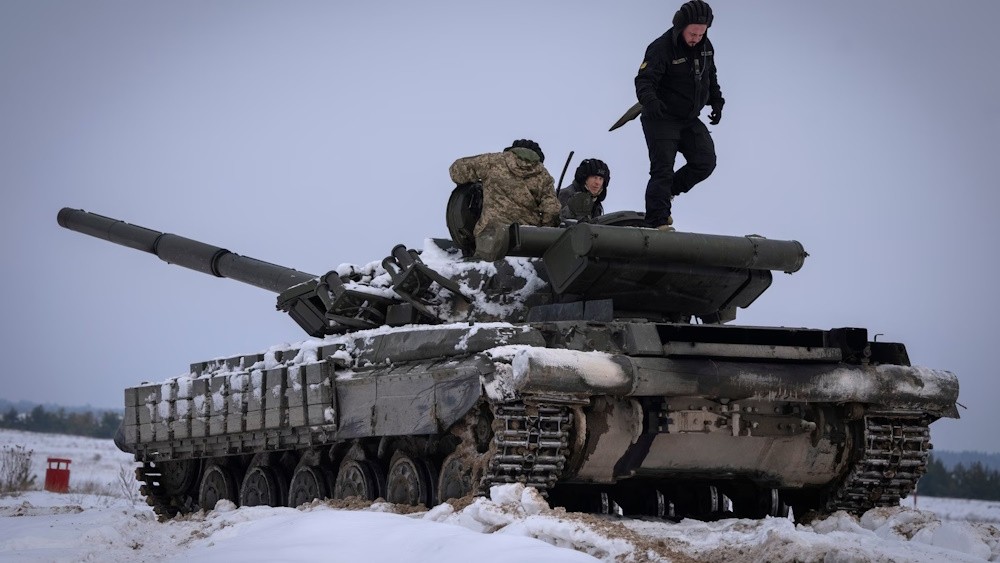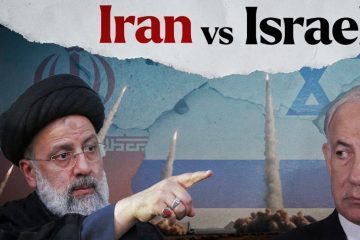A ceasefire might be the only option for Ukraine

Although it often overused, the word “crisis” adequately characterizes the situation Ukraine is in at the start of 2024.
The Washington Post has reported that ammunition is becoming a critical shortage for frontline troops. Due to artillery shell rationing, the Ukrainians have had to scrap planned assaults and are finding it difficult to defend defensive positions against Russian strikes. A Ukrainian battalion’s press officer recently stated that their unit’s rate of firing has been reduced by 90% since the summer due to ammunition shortages. “We are severely underequipped,” stated a member of an additional section. While acknowledging the immense drive of his fellow soldiers, he cautioned, “You can’t win a war only on motivation.” His confidence in their ability to maintain control was low.
On the other hand, Ukraine’s friends hesitate. The parliamentary deadlock over the continuation of U.S. aid to Ukraine persisted even after lawmakers returned home for the holidays. The EU’s planned $52 billion aid package was vetoed by Hungary’s pro-Russian leader. Ukrainian military, economy, and government operations are in danger if these roadblocks aren’t removed shortly.
Everybody needs to pitch in right now. When the Senate meets again, if a compromise has not been reached by then, President Biden will have to step in personally. If he lets the situation at the southern border spiral out of control, he will have to accept that an agreement will include immigration policies that many Democrats would not like. As a result, if bribery and threats fail to persuade Hungarian Prime Minister Viktor Orbán to abandon his resistance to the EU proposal, European nations will need to gather the political will to send help to Kyiv on a country-to-country basis.
For the sake of Ukraine, the West should also recover assets held by the Russian central bank that have been frozen in Western banks. This was done in November by a 40-2 majority in the House Foreign Affairs Committee, and a comparable motion was approved unanimously in the European Parliament. Worries that stealing Russian assets may lead to unanticipated consequences were voiced by senior Biden administration officials up until recently. However, the administration has stepped up talks with European allies over a coordinated plan to redirect Russian assets to help Ukraine. They are aiming to reach an agreement by February 24, which is the second anniversary of the Russian invasion, as the situation in Ukraine continues to worsen. To make sure these negotiations are successful, Mr. Biden shouldn’t hold back.
A practical resolution to the conflict must be considered regardless of whether assistance for Ukraine is extended. While it is perfectly reasonable and within Ukraine’s legal rights to demand that Russia return all of the territory it has captured since 2014, developments in the last year have rendered this demand moot. The much-touted counteroffensive by Ukraine was thwarted by Russia’s fortified defenses. Russia is increasing military production at a far quicker rate than Ukraine and its allies, and its economy has shown more resilience than anticipated. This war has shown how the Western defense industrial base has been dwindling, particularly in Europe but also to a large degree in the United States. It will take a lot of time and effort for the West to make up for their collective failure to supply artillery ammunition to Ukraine.
President Volodymyr Zelensky of Ukraine recently revealed that military commanders sought to deploy an extra 500,000 troops, which would necessitate controversial amendments to Ukraine’s draft legislation and additional expenditures of $13 billion. Russia has a workforce that is almost four times larger than Ukraine’s and an economy that is nine times larger; yet, Russian President Vladimir Putin has also been cognizant of political factors.
The current combat lines are the site of reports suggesting that Mr. Putin is willing to agree to a ceasefire, which he has not denied. These sources suggest that he had abandoned his goal of dominating all of Ukraine, notwithstanding his unwillingness to retreat.
There are solid grounds to doubt that Mr. Putin has scaled back his objectives in Ukraine. These include his intention to rebuild the Soviet empire, the fall of which he has characterized as the worst geopolitical disaster of the twentieth century. However, Western authorities ought to investigate his sincerity on halting hostilities. The Western public’s support for a protracted commitment to a deadlocked struggle is questionable, thus it would be foolish to count on it.
A ceasefire would pave the way for actions that would bind Ukraine to the West, including as its future accession to the European Union and the North Atlantic Treaty Organization, without recognizing Russia’s territorial claims. While that is happening, Ukraine might utilise Russia’s blocked assets to rebuild.
The Ukrainians, who are hell-bent on reclaiming their entire country, and Mr. Putin, who is terrified of a new Western-allied force on Russia’s border, would both be bitterly disappointed by this deal. Still, it’s the only practical way to end the European conflict once and for all.










